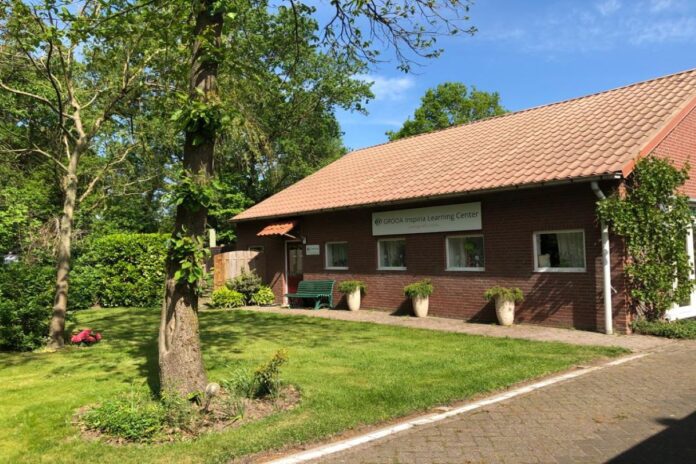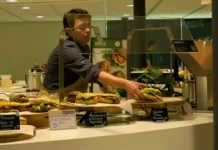We’ve all seen the studies that getting outdoors is a boost for our mental and physical health; microbes in the soil improve our moods as we garden, ocean spray increases our energy levels, time in the forest lowers blood pressure.
What is it about being in nature that affects our well-being? Why do we feel calmer, more clear-headed, and rejuvenated having spent time in the fresh air?
Our affinity to nature is called Biophilia – a term coined by Edward O. Wilson – and while the idea of incorporating nature in our daily existence has been around for a long time (think of architect Frank Lloyd Wright, creator and expounder of ‘organic architecture’), only recently has serious research been done to understand what happens to us when we spend time outdoors.
In Biophilic Design: Theory, Science and Practice of Bringing Buildings to Life, authors explore in-depth the science and benefits of nature incorporated in the design of the places in which people live. Companies, both big and small, are taking notice of the positive effect of incorporating biophilia in the workplace. L.L. Bean has a pop-up outdoor working space, Microsoft has treehouses for meeting spaces, Amazon has spheres with waterfalls and 40,000 plants. Smaller companies are utilizing outdoor patios and rooftops to create a green space where their employees can work and meet.
Ioana Biris, of Nature Desk in Amsterdam, takes many phone meetings while taking walks through the city and started an initiative, Outdoor Office Day, to help normalize the idea of getting away from the desk and taking work outside. “Outdoor Office Day is a movement. We want to inspire and together, with partners, make people and companies rethink and redesign the way we work. It is about connecting nature, work and wellbeing. If you look at our participants’ list, you’ll see how diverse the group is. Each one of them is passionate in their own way.” Speaking of what her inspiration has been she says, “Taking work outdoors is part of a complex puzzle where the interaction between the human wellbeing (look at the growing numbers of people with burn out around the world), the future of work (Covid accelerated the changes regarding the way we want to work), the way cities will develop (the percentage of people living and working in cities is growing) and the importance of (urban) nature are all connected and relevant. “
In studies being done to see how nature benefits us University of Michigan psychology researchers Berman, Jonides, and Kaplan found memory, performance and attention span improved by 20 per cent after people spent an hour interacting with nature.
An article by Oliver Heath Design lists benefits including:
- Office design: productivity can be increased by 8%, rates of well-being up by 13%, increases in creativity, with reduced absenteeism and presenteeism
-
Education spaces: increased rates of learning 20-25%, improved test results, concentration levels and attendance, reduced impacts of ADHD
-
Healthcare spaces: post-operative recovery times decreased by 8.5%, reduced pain medication by 22%
What are some practical ways to incorporate these ideas?
- Create outdoor spaces to work; with wifi, tables, chairs, and parasols etc
-
Bring the natural outside indoors; wallpaper of outdoor view or bulbs with natural lux lighting
-
If your company is located in a city, look beyond city limits and book space for a day to have employees work in nature.
Located right outside Eindhoven, the Inspiria Center is in the middle of nature with both indoor and outdoor space, including a nearby private forest. Laura Lozza, the creator of the facility, says “The health benefits of being in contact with nature have long been known in all cultures; as the urbanization explodes, though, we often forget. The Japanese have captured the essential human need to stay in contact with nature on a regular basis and they have made it a part of their daily agenda; they call it Shinrin-Yoku. We hold our own Grooa workshops here, including Shinrin-Yoku (forest bathing), but also let other organisations book the space to benefit from working in a natural setting.”
The bottom line is that companies benefit by providing their employees with nature in the work environment. Meeting outside can boost the morale and productivity of your employees; and now, more than ever, people desire to get out of the confines of home offices and cubicles.
This is sponsored content
For information on the Inspiria Center outside of Eindhoven, The Netherlands visit https://www.grooa.com/who-we-
Sharon Chirila is a content writer and business development consultant you can follow her on LinkedIn
















